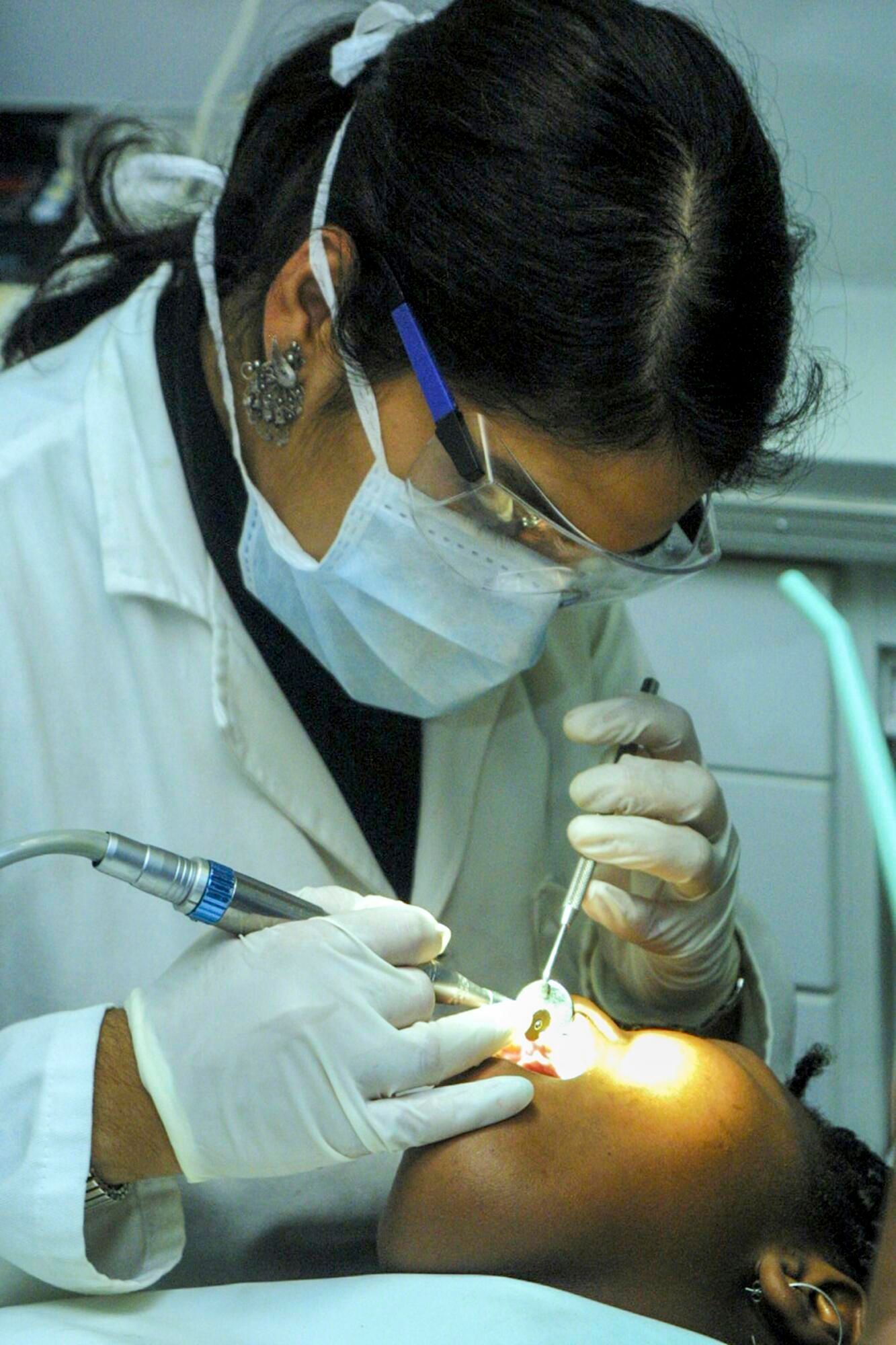The eyes may or may not be the window to the soul, but the eye area is the facial feature with the largest impact on how people perceive us. If you have droopy eyelids, others may perceive you as sad, tired, or even angry.
A blepharoplasty can correct drooping upper (upper blepharoplasty) and lower (lower blepharoplasty) eyelids. It may be performed for cosmetic (non-medical) or functional (medically necessary) reasons.
If you are interested in this surgery, you may wonder about upper and lower blepharoplasty recovery, what to expect from the procedure, and if you are a candidate for eyelid surgery insurance coverage.
We will explore the answers to these questions in this guide. Plus, stick around to find out where to schedule your blepharoplasty procedure in the Tampa Bay Area.
What Is a Blepharoplasty?
A blepharoplasty is a type of eyelid surgery that can correct drooping eyelids. There are two types of blepharoplasties: upper and lower. Your facial surgeon may recommend one or a combination of these eyelid surgeries.
What Is an Upper Blepharoplasty?
Upper blepharoplasty surgery targets the upper eyelid. Drooping upper eyelids may be genetic. However, droopy upper eyelids also become more common with age as fatty deposits accumulate and the skin becomes less firm.
Some people may get this surgery because they don't like the appearance of their eyelids. Droopy upper eyelids can make eyes look tired or even angry, affecting the way other people perceive you.
Others may get upper eyelid surgery for more functional concerns. Drooping upper eyelids can get in the way of your vision. Correcting the issue with an upper blepharoplasty may be covered by insurance in this case.
What Is a Lower Blepharoplasty?
A lower blepharoplasty targets the lower eyelid. This surgery can correct heavy under-eye bags and also benefit fine lines and puffiness. These issues may happen due to genetics or the aging process.
There are many cosmetic reasons to consider lower eyelid surgery. Many people wish to give their undereye area a more awake, youthful appearance or eliminate fat bulges that may accumulate with age.
In rare cases, the fat pad beneath the lower eyelid can become so prominent that it may obstruct the lower half of someone's vision or prevent eyeglasses from sitting properly. A functional lower blepharoplasty can help.
Blepharoplasty Candidates
To get a blepharoplasty, you must have healthy eyes, facial tissue, and facial muscles. You must also be in good health, in general, and not smoke.
As long as a patient meets these criteria, they may be good candidates for a cosmetic or functional blepharoplasty.
Cosmetic Blepharoplasties
Cosmetic blepharoplasties are exclusively performed for aesthetic reasons. They may target the upper or lower eyelid or both. Insurance will not cover eyelid surgeries performed for cosmetic reasons only.
Blepharoplasties are not the only cosmetic procedure used to target the upper or lower eyelids. You may also consider Botox, dermal filler, radiofrequency treatments, or thread lifts to improve the look of your upper eyes, especially.
Functional Blepharoplasties
A functional blepharoplasty corrects upper or lower eyelid issues that interfere with vision. Someone may even need functional blepharoplasty surgery for both upper and lower eyelids.
Cosmetic surgeons can identify your need for a medically necessary blepharoplasty by testing your visual field. The most common test used is the Humphrey Visual Field Analyzer.
If it is determined that your vision is significantly impacted by drooping upper or lower eyelids, insurance may cover the surgery. How much you pay out of pocket will depend on your provider and plan.
The Blepharoplasty Procedure
The eyelid surgery procedure is the same whether you need a functional or cosmetic blepharoplasty. It is relatively quick, taking only around half an hour to an hour, depending on your unique concerns.
You will be sedated and receive local anesthesia in the target area. From there, the procedure will depend on whether you get upper or lower eyelid surgery.
Upper Blepharoplasty Procedure
The upper blepharoplasty procedure begins with an incision. Your surgeon will make an incision in the crease of your upper eyelid, so it is less visible. Then, they may remove excess skin, fat, or both.
During cosmetic upper eyelid surgery, the surgeon may also remove a portion of the muscle in the upper eyelid. The goal is to deepen the crease for a more aesthetically pleasing look.
Lower Blepharoplasty Procedure
The lower blepharoplasty procedure begins with an incision. The incision will be placed on the lower lash line or in the lower waterline. Then, your surgeon will remove some of the excess fat, skin, or both below the eyes.
Cosmetic lower eyelid surgery may also be performed to add fat under the eye for a fuller, more youthful look.
Upper and Lower Blepharoplasty Recovery
Blepharoplasty recovery may take up to three weeks. However, some people do not see full aesthetic results until three months following their surgery as the swelling subsides.
A blepharoplasty is surgery, so expect to miss some time at work. Most people take at least two weeks off from work, sometimes longer. During that time, you may not want to go out in public due to swelling and bruising.
Your surgeon will give you a list of do's and don'ts for post-blepharoplasty recovery. Most eyelid surgery symptoms are generally mild and may include swelling, bruising, dry or watery eyes, light sensitivity, and/or irritation.
Eyelid surgery is very safe and well-tolerated by most individuals. However, complications may still occur. Always consult with your surgeon if you experience abnormal symptoms following cosmetic or functional surgery.
Schedule a Functional Blepharoplasty in Florida
A blepharoplasty may be just what you need to improve your vision or enhance the look of your eye area. We hope this guide to upper and lower blepharoplasty recovery, procedures, and candidates has helped you determine if this surgery is right for you.
Are you searching for a facial surgeon in Lutz, Florida? TERSA Oral and Facial Surgery serves the Tampa Bay Area. We offer a full range of oral and facial procedures performed by a board-certified surgeon.
Schedule a blepharoplasty surgery consultation at TERSA Oral and Facial Surgery today!




